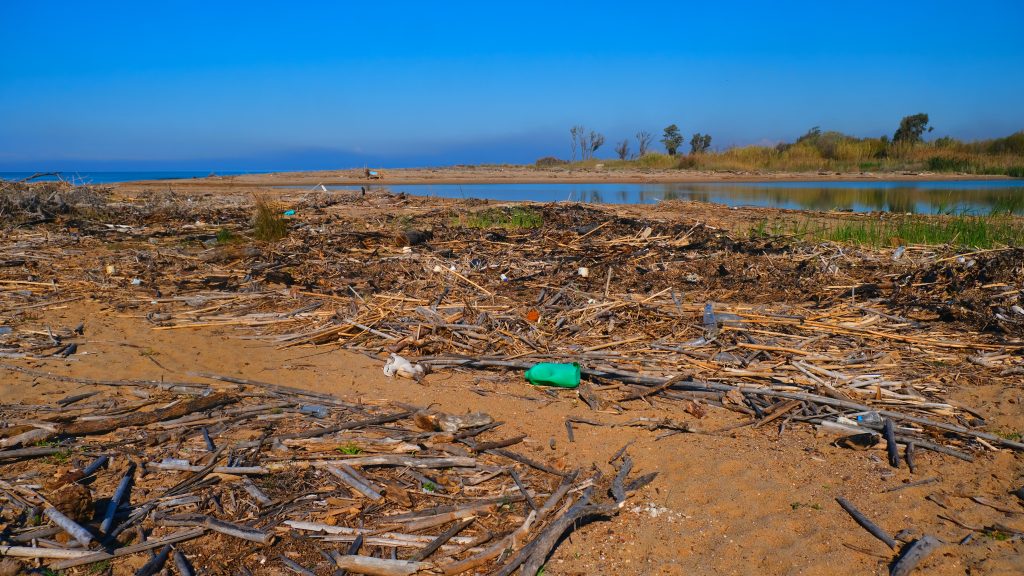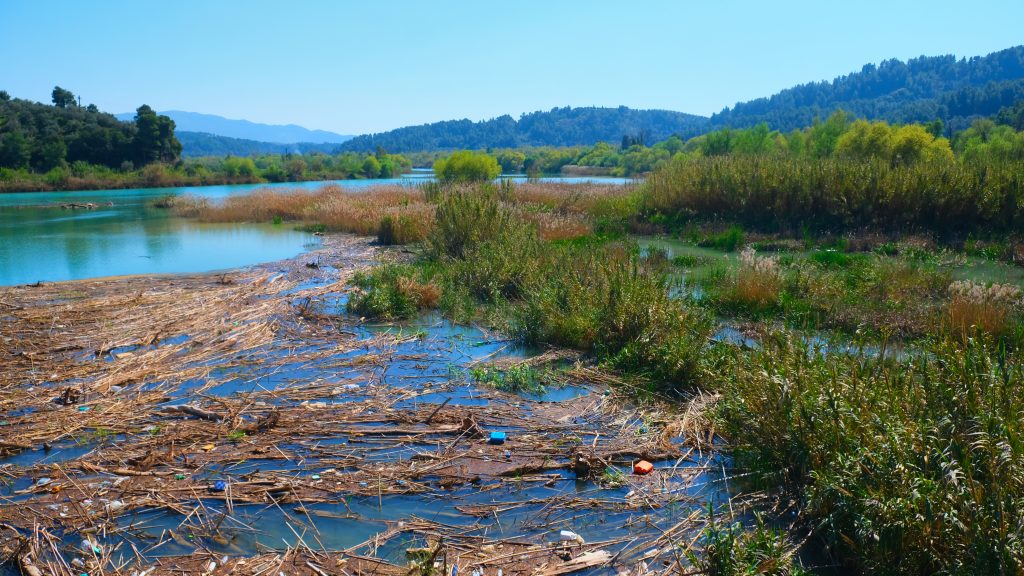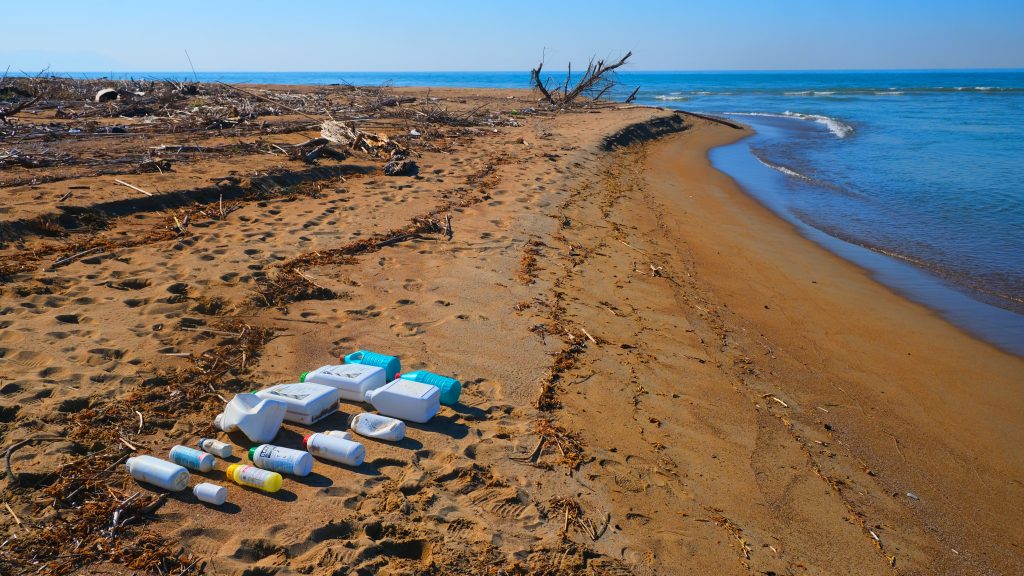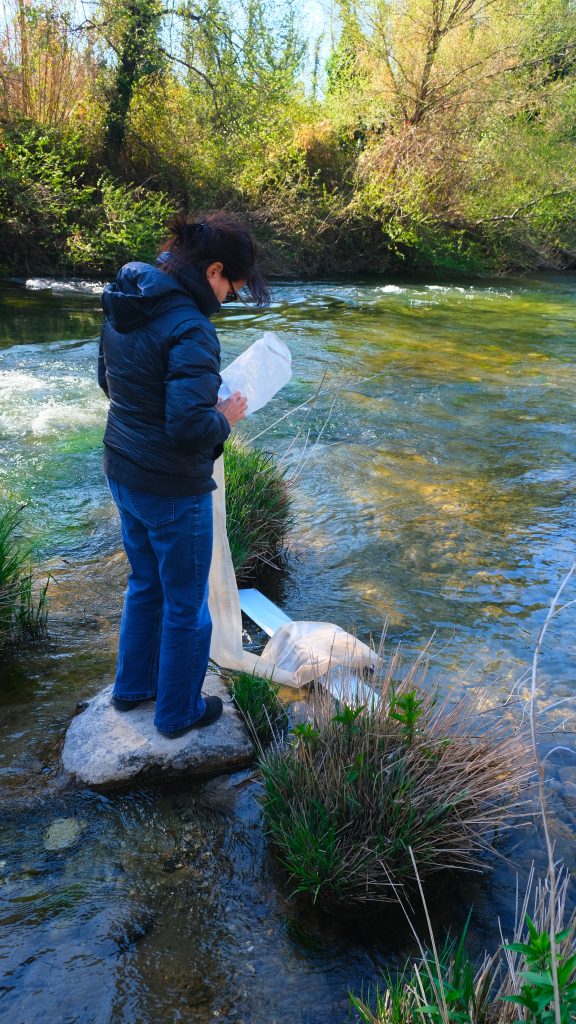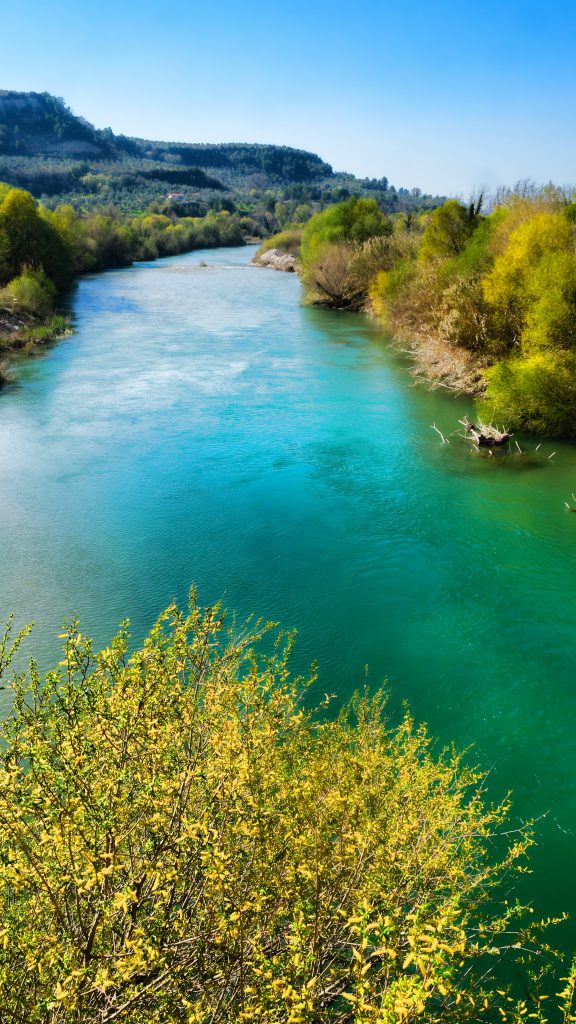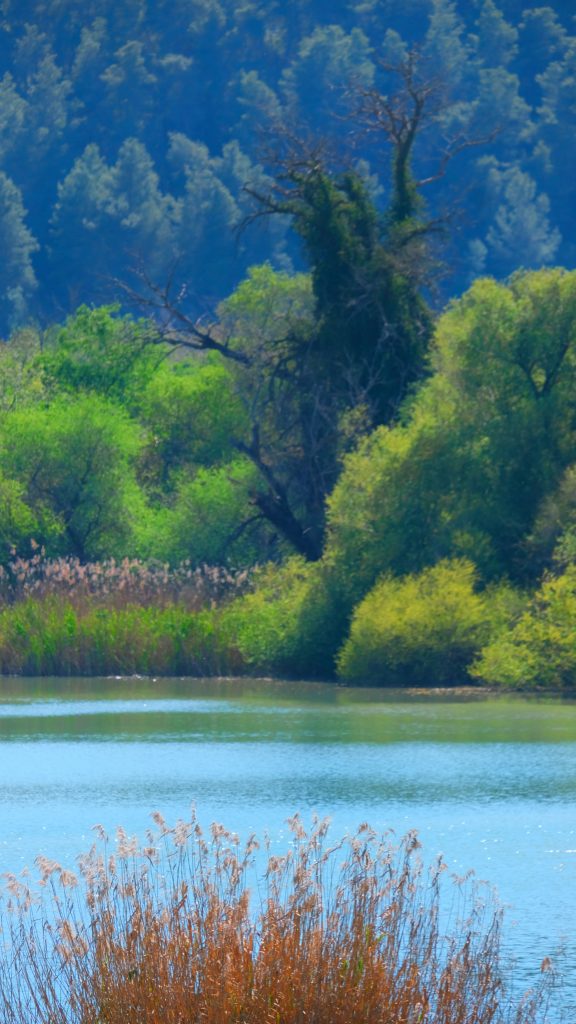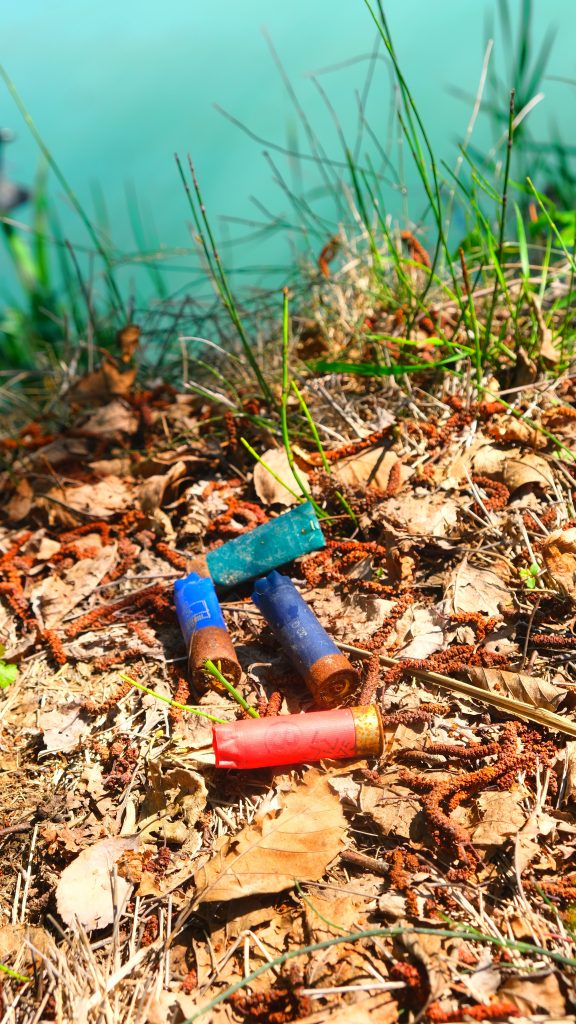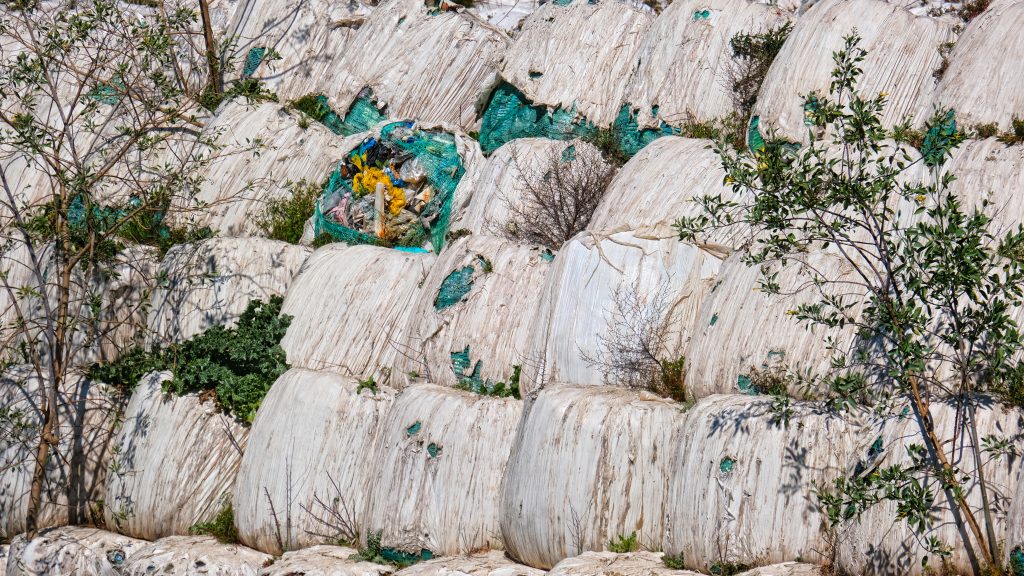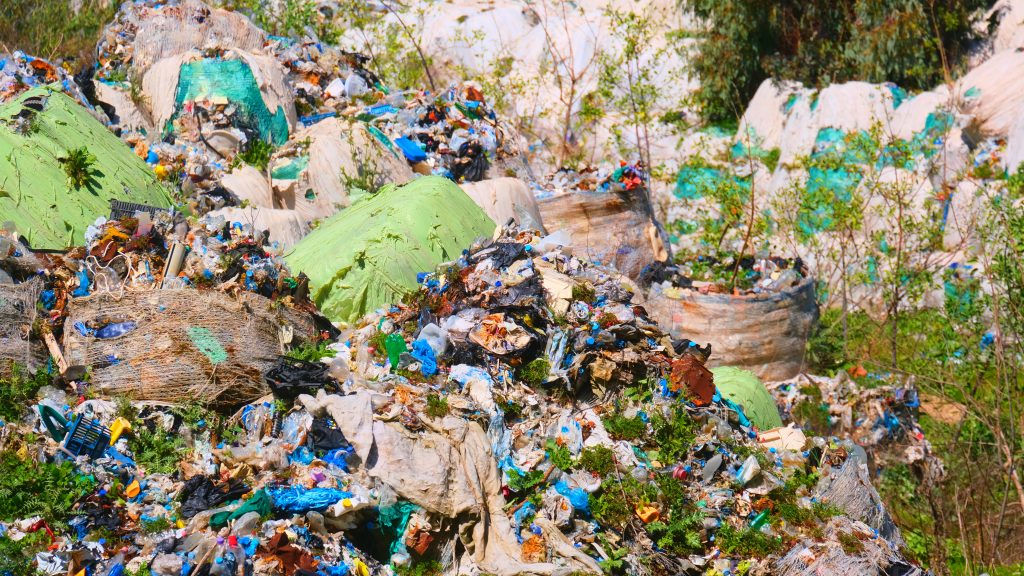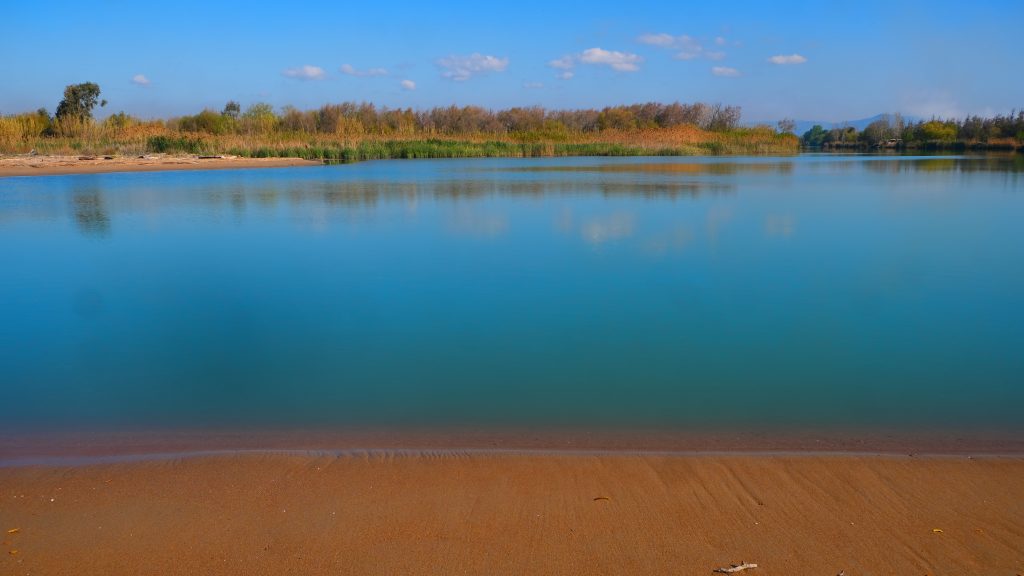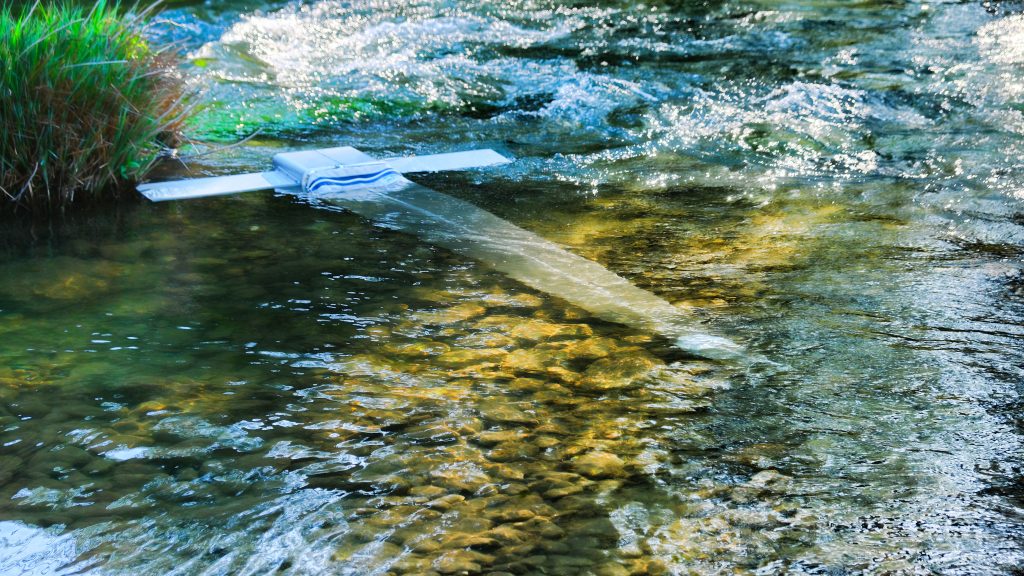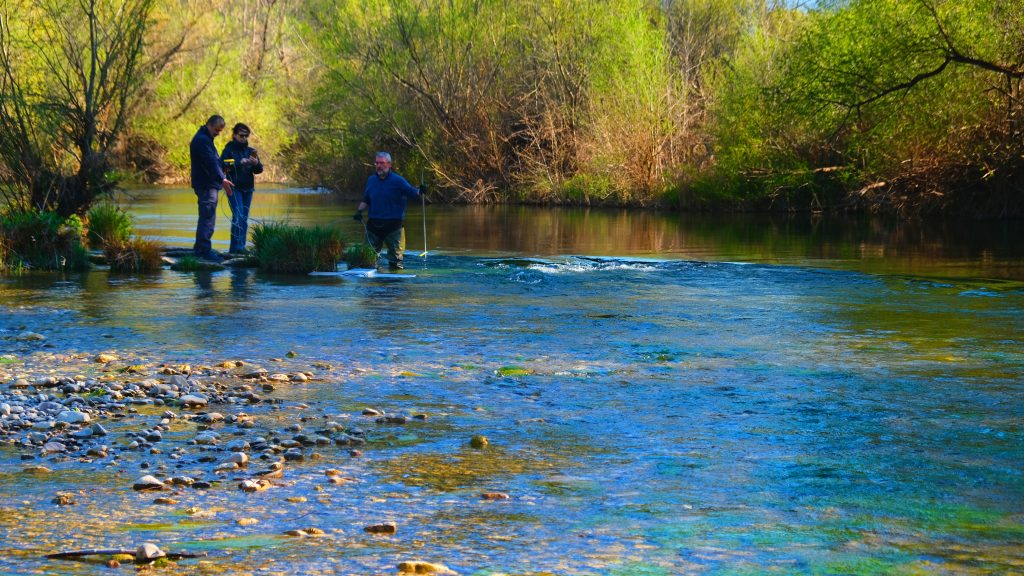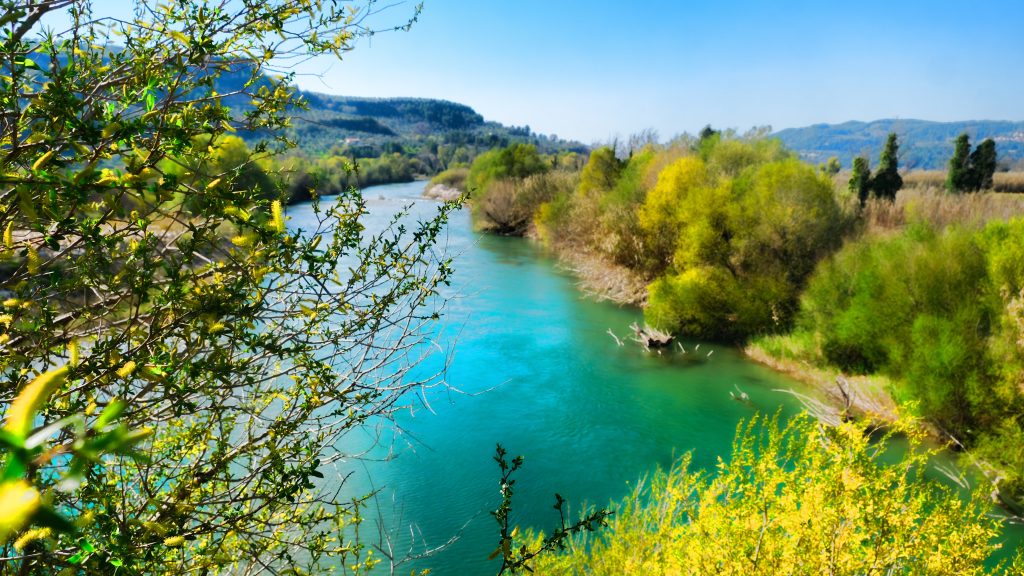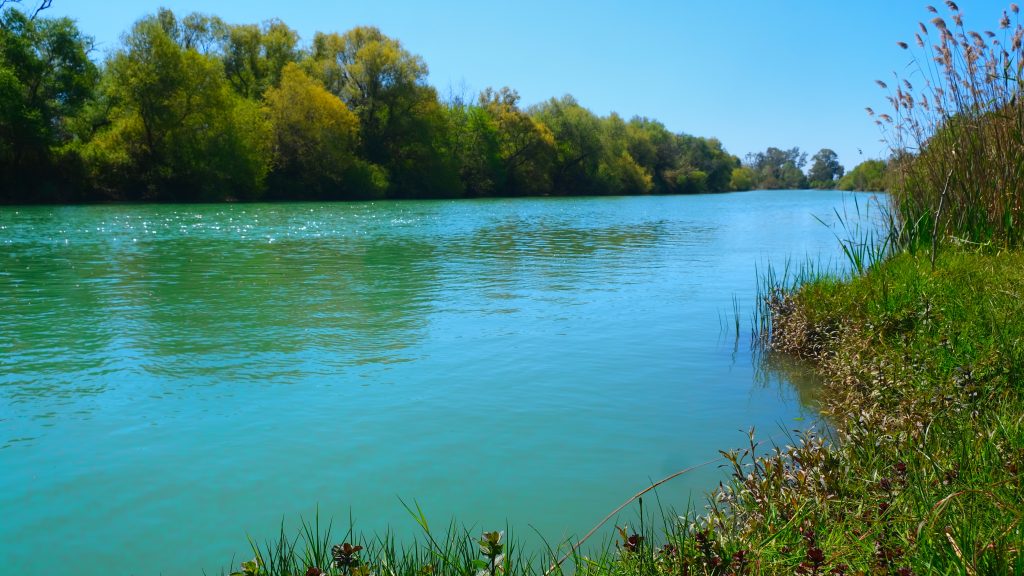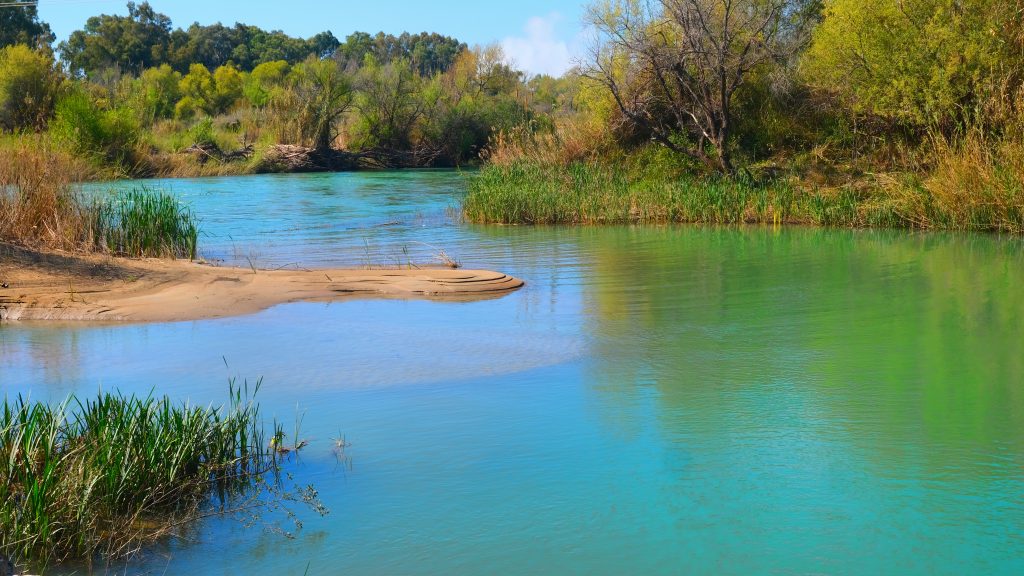The TETHYS4ADRION project successfully completed its first field mission to the Alfeios River, the Peloponnese’s longest river and one of the 5 designated pilot sites of the project. Led by Greek project partners HCMR and MIO-ECSDE, the mission marks a significant milestone of the project’s efforts to tackle riverine plastic pollution and protect freshwater and marine ecosystems across the Adriatic-Ionian region.
Spanning from the Arcadian highlands to the Ionian Sea, an extensive field survey was conducted by the team using drones and on-the-ground inspections to map the features of the river -environmental, ecological and socio-economic- and identify plastic pollution hotspots. Early findings suggest that the main sources of riverine litter stem from illegal dumping of construction, demolition and renovation waste, mismanaged urban and agricultural waste, and hunting-related activities.
One of the most severely polluted spots was the Potoki site, where an estimated 100,000 plastic-wrapped bales of waste have remained for nearly a decade along the riverbanks. Despite previous efforts by local authorities, the issue remains unresolved, underlining the urgent need for comprehensive and targeted action.
Particularly alarming was the situation photo-documented at the mouth of the Alfeios river estuary, with a vast accumulation of agriculture-related waste—mainly pesticides containers, including Roundup containers—covering the area. This poses a serious threat to the ecologically rich coastal zone, which serves as a vital habitat for migratory birds and other wildlife.
During the mission, the project team met with the Vice Mayor of Pyrgos to discuss how TETHYS4ADRION’s planned activities—ranging from targeted awareness campaigns and citizen science initiatives to river clean-ups, restoration efforts, and enhanced waste management solutions—can directly contribute to addressing the issue of plastic litter in the region.
These activities form part of the broader development of a Blueprint for Best Practice Solutions, a key deliverable of the project. The Blueprint will outline the operational steps and strategies for effectively reducing plastic pollution in rivers, based on successful, stakeholder-driven actions implemented and tested across five pilot sites: Alfeios (Greece), Buna-Bojana (Albania, Montenegro), Soča (Slovenia), Neretva (Croatia, Bosnia and Herzegovina), and Reno (Italy).
Launched in September 2024, TETHYS4ADRION is rapidly advancing its work through detailed fieldwork, stakeholder engagement, and ecosystem assessments. With activities now underway in multiple river basins, the project is generating vital data and building strong community partnerships, setting the stage for long-term, sustainable solutions to plastic pollution in the region.
The Alfeios River, flowing approximately 110 kilometers, has long been a symbol of natural and cultural heritage in southern Greece. Closely associated with the ancient site of Olympia, it continues to support local ecosystems and livelihoods. Through initiatives like TETHYS4ADRION, new hope is being brought to safeguard this important waterway for future generations.
Photos: Thomais Vlachogianni
